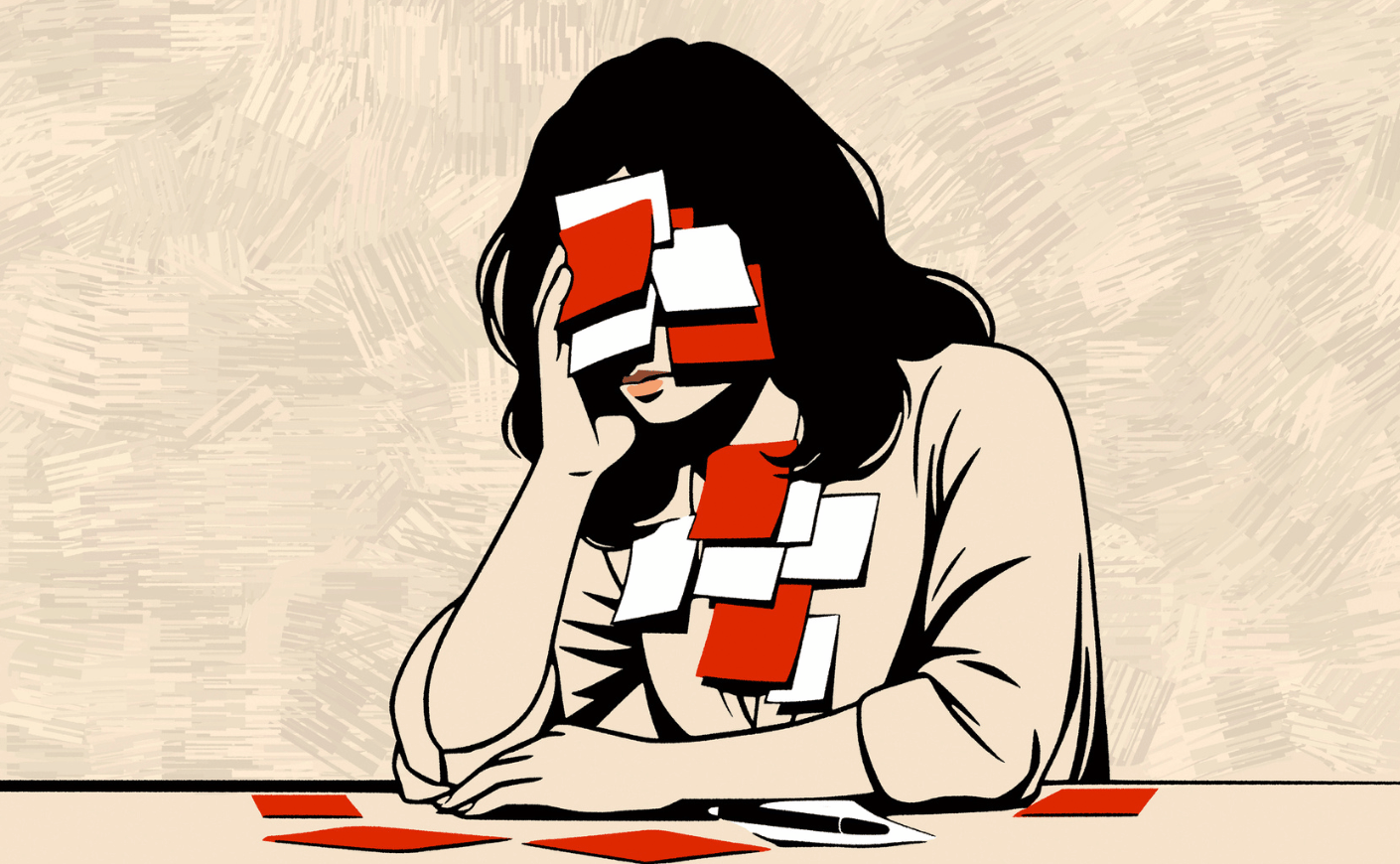Becoming a full — or even part-time — caregiver has a way of rearranging everything. Your schedule, priorities, and sense of control all start to bend around someone else’s needs. And while you may spend your days devoted to the person you love, caregiving quietly rewires you, too.
For most of us, caregiving begins without warning: an accident, a phone call, or a change in a loved one’s health that splits life into "before" and "after." Suddenly, you’re managing doctor’s visits, calls to insurance companies, and an emotional rollercoaster — all while trying to keep the rest of your world from collapsing. It’s love in its most relentless form, but also its most exhausting.
That’s where Care Out Loud comes in. A new campaign from the One Family Foundation, founded by actor, director, and producer Bradley Cooper, Care Out Loud is designed to make caregiving less invisible and far more supported.
Together with partners like Procter & Gamble (P&G) — the maker of loved and trusted brands like Bounty, Charmin, Safeguard, and Tide — Care Out Loud has pulled together free essentials like quick answers, ways to connect, and self-care tips, to save caregivers.
Two people who know the value of supporting caregivers are Amy Delgado and Scott Costello, longtime employees at P&G. Their stories remind us that caregiving isn’t just about tending to someone else — it’s about learning how to care for yourself in the process. From burnout to balance, Delgado and Costello’s lessons offer a roadmap for anyone trying to care for someone without losing themselves.
Find your people
Caregiving can be lonely, even when you’re surrounded by others. Delgado learned this early, when she discovered during pregnancy that her daughter would be born with spina bifida. Over the years, she built a life around doctor visits, physical therapy, and advocacy, but what truly helped her stay grounded was connection.
At P&G, Delgado helped lead a network for employees with disabled dependents. What began as a resource group grew into a space where caregivers could share stories, advice, and the quiet relief of being understood. “I’ve been lucky to have managers who support flexibility,” Delgado says. “That connection to other people who are going through similar things, and the ability to share knowledge and resources, is really important.”
Caregiving may feel deeply personal, but it doesn’t have to be solitary. For Delgado, community provides the foundation that enables her and her family to thrive. Whether it’s via a formal support group, an online forum, or a friend who checks in regularly, find the people who remind you that you’re not the only one figuring things out as you go.
Take the help that’s offered
When life shifts in an instant, the fear is often that you won't be able to hold everything together: work, relationships, emotions, all of it. Costello knows that feeling. When his wife was diagnosed with breast cancer, he worried not only about her health but also about how to balance caregiving with his career.
Luckily, he found support right when he needed it most. “The organization I was in simply said, ‘Go take care of your wife,’” Costello recalls. “Their unwavering support for me and my family inspired me to help others feel that same sense of guidance when they’re faced with something big.” That support inspired him to co-lead P&G’s Cancer Support Network, connecting other employees navigating the same uncertainty.
Help doesn’t always come in grand gestures: It can look like someone covering a shift, bringing over dinner, or sitting with your loved one while you rest. Let them. Accepting help doesn’t make you less capable — it keeps you capable longer.
Create small spaces for yourself
Burnout doesn’t arrive all at once — it creeps in: a mix of fatigue, guilt, and the belief that there’s never time for you. But rest doesn’t have to be big to be effective.
Delgado takes short pauses when she can: a quiet drive between appointments, taking a walk or going outdoors to appreciate the beauty of nature. Costello finds calm in connecting with others who’ve been there. These small rituals aren’t indulgent, they’re essential.
If setting aside time seems insurmountable, start with five minutes. Step outside, stretch, call a friend, or just sit in silence. The point isn’t to escape caregiving — it’s to remember that taking care of your own needs is an act of love for the person you are caring for. Because that gives you the fuel you need to perservere.
Start with self-reflection
Caregivers are often experts at tuning into other people’s needs and terrible at noticing their own, but introspection can help bridge that gap. The Care Out Loud campaign offers conversation-starter cards — short prompts designed to help you pause and ask yourself questions like: How am I doing today? What do I need? What’s one thing I can let go of?
This isn't about adding another task to your list. It’s about being aware of your mental well-being so you avoid reaching a breaking point before you’ve strayed too far from your baseline.
Remember: You deserve care, too
Delgado and Costello’s stories look different, but they share the same truth: Caregiving changes you. It alters the architecture of your days and your "free" time, but it can also teach you how to move forward with more compassion, for others and for yourself.
So take the break. Ask for help. Open the Care Out Loud reflection cards, and seek out the support you need. You’re tending to yourself, in order to tend to the people you love. Because the art of caregiving isn’t about doing it all: It’s about learning when to rest, recharge, and care for yourself so you can care for those who matter most.









